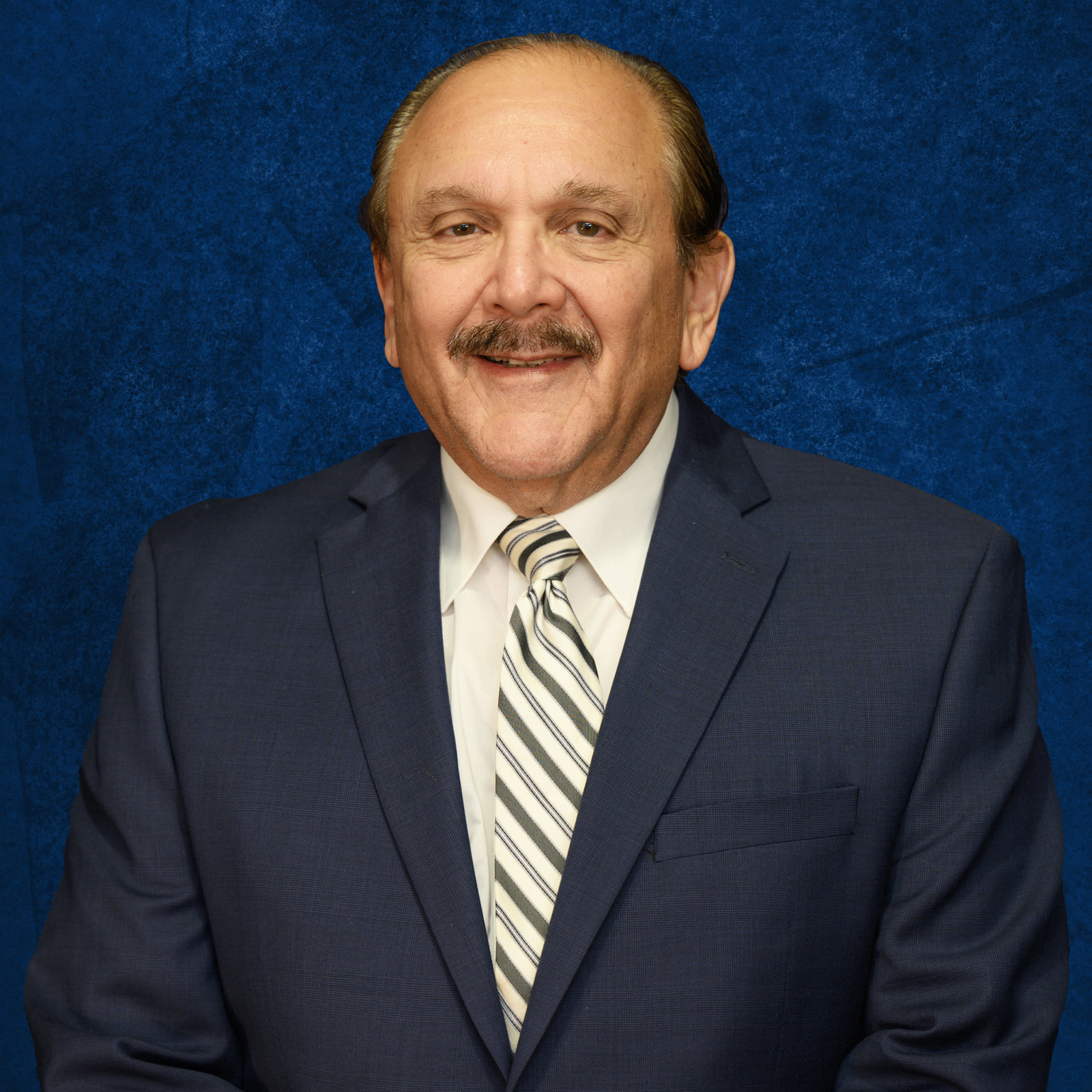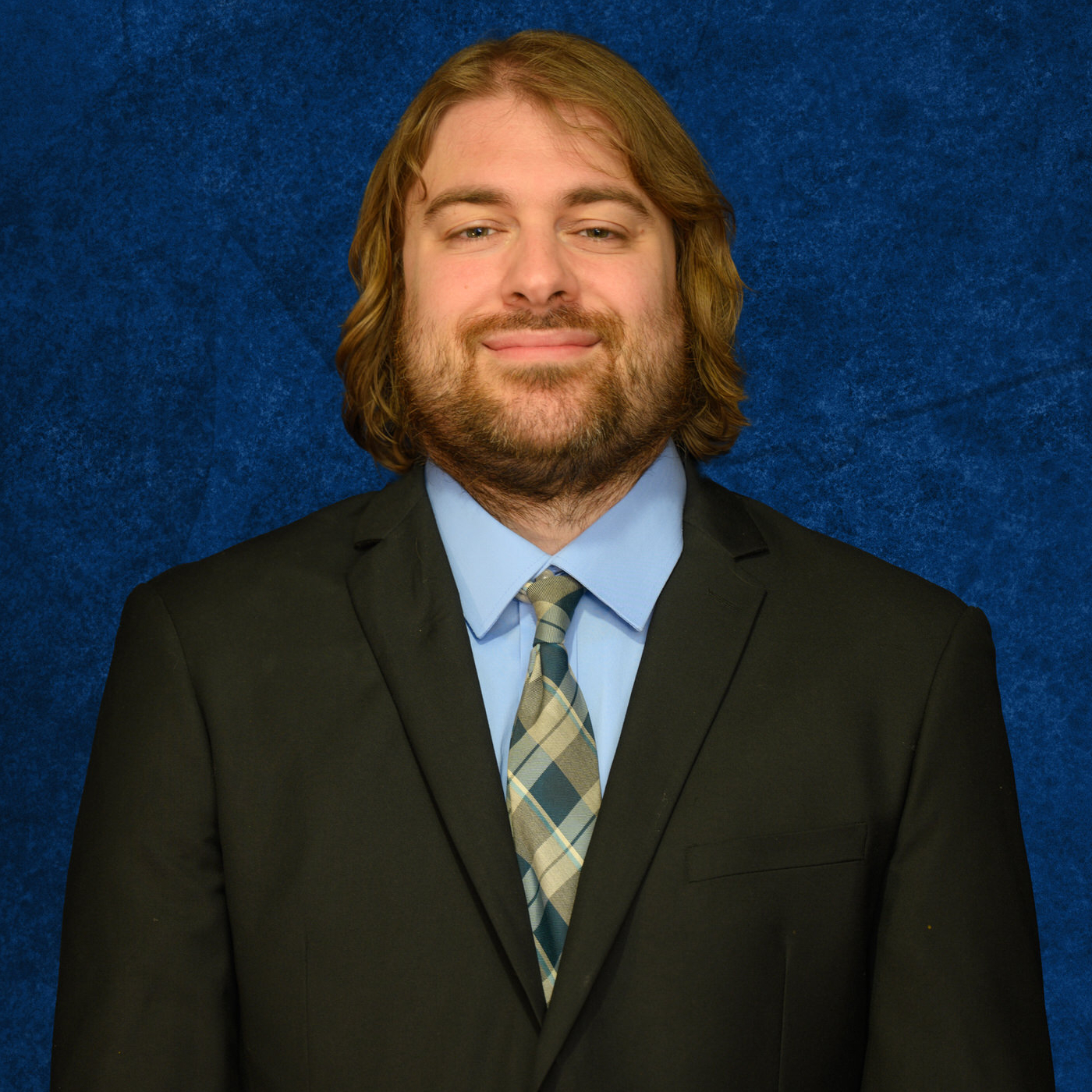What Types of Debts Can Be Discharged?
If you have found yourself heavily in debt and unable to pay your bills, you may be considering bankruptcy. Once you understand the most common types of bankruptcy, Chapter 7 and Chapter 13, you can determine which is most appropriate for you. In Chapter 7, you will discharge all or most of your unsecured debt and will not have a repayment plan. With Chapter 13, a portion of your debt may be reduced or discharged, while the rest will be re-worked to establish a repayment plan.
The following types of debts can be discharged through bankruptcy:
- Medical debt
- Car loans
- Credit card debt
- Mortgages
- Rent and utility payments
- Certain types of taxes
Non-Dischargeable Debt in Bankruptcy
Although many types of unsecured debt can be discharged through bankruptcy, there are certain debts which are not discharged. This includes fraudulent debts, all restitution and fines ordered by the court, student loans, and spousal support orders. If you have a significant amount of debt that cannot be discharged, we may discuss the possibility of Chapter 11 reorganization.
There are many benefits to using bankruptcy to discharge your debt in Royal Oak and Southeastern Michigan. As a respected firm with an A+ rating from the BBB, we are committed to helping you every step of the way and ensuring all of your concerns are addressed.






